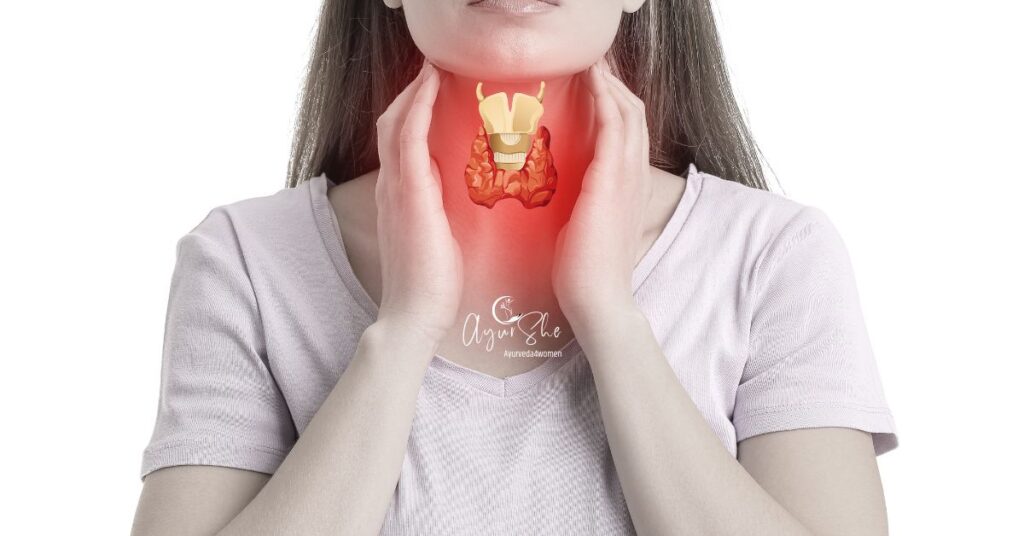Cervical Cancer: Risks, Prevention, and Treatment
Cervical cancer is a prevalent yet preventable and treatable form of cancer affecting women worldwide. Awareness and proactive measures are crucial for its prevention and early detection.
What is Cervical Cancer?
Cervical cancer originates in the cells lining the cervix, the lower part of the uterus connecting to the vagina. Most cases are caused by the human papillomavirus (HPV), a common sexually transmitted infection. Not all HPV infections lead to cervical cancer; some are low-risk, causing no harm, while high-risk strains can lead to cancer over time.
Risk Factors
- HPV Infection:
Certain HPV strains, especially persistent infections, increase the risk. - Smoking:
Women who smoke are at a higher risk. - Weakened Immune System:
Conditions or medications weakening the immune system can increase susceptibility. - Multiple Sexual Partners:
Having multiple sexual partners elevates the risk of HPV exposure. - Early Sexual Activity:
Engaging in sexual activity at a young age increases the risk.
Signs and Symptoms
Early stages may not present noticeable symptoms. As it progresses, signs may include:
- Abnormal vaginal bleeding
- Pelvic pain or pain during sex
- Unusual vaginal discharge tinged with blood
Prevention
- HPV Vaccination:
Significantly reduces the risk of infection by high-risk strains. - Regular Pap Tests:
Detects precancerous changes for early intervention. - Safe Sexual Practices:
Using condoms and limiting sexual partners reduces HPV transmission.
Diagnosis and Treatment
Early detection is key. Diagnosis involves Pap smear or HPV test. Treatment varies based on the stage and severity:
- Surgery: Removes cancerous tissue.
- Radiation Therapy: Destroys cancer cells.
- Chemotherapy: Kills or stops cancer cell growth.
Ayurvedic Treatments
- Herbal Remedies:
Utilizes herbs like turmeric (curcumin), ashwagandha, tulsi, ginger, and neem. Consult an Ayurvedic practitioner for the right dosage and formulation. - Dietary Changes:
Emphasizes a balanced diet with fresh fruits, vegetables, whole grains, and herbs. Avoids processed foods, excessive sugars, and unhealthy fats. - Yoga and Meditation:
Recommended to reduce stress, improve mental well-being, and support the body’s healing processes. - Panchakarma:
Detoxification therapy to remove toxins from the body, supporting overall health after cancer treatment. - Parasurgical Treatments:
Exploring ksharakarma and agnikarma possibilities as per the grade. - Sthanika Treatments:
Yoni kshalana, yoni dhupana, yoni lepana support recovery and check cervicitis leading to cervical cancer.





Hello Dr Resmi, i emailed you about breast cancer and you sent me to this app but theres no specific information about breast cancer here for during chemo. I would appreciate actual breast cancer suggestions for during treatment with chemo and after chemo. Thank you.